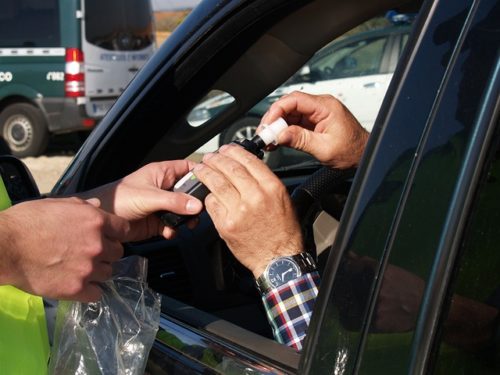
When you are driving, the last thing you expect to see is a line of cars ahead. As you get closer, you can see officers speaking to each driver who passes by. When it’s your turn to talk to the officers, you realize this is a DWI checkpoint. If the officer suspects that you’ve been drinking and driving, they will have you exit the vehicle to conduct further testing before placing you under arrest. If you’re questioning the legality of these stops, you’re not the only one. Keep reading to discover if sobriety checkpoints are legal and why you need Houston DWI defense attorneys to help you through these challenging matters.
What Are Sobriety Checkpoints?
A sobriety checkpoint, also known as a DWI checkpoint, is a traffic stop conducted by law enforcement officers. Usually, they will set up on the road, and drivers who pass by must stop and talk with the police officers. While talking, the officer will look for signs of intoxication, like slurred speech, the smell of alcohol, or bloodshot eyes. If the officer suspects intoxication, they will ask you to exit the vehicle. Once you do, they will ask you to take a breathalyzer or field sobriety test.
It’s important to understand that if you are not under arrest, you do not have to take one of these tests. However, if placed under arrest, you must comply with these orders after you’ve been arrested.
Are They Legal?
It’s important to understand that, in Texas, sobriety checkpoints are not legal. This is because they were ruled unconstitutional in 1991. As such, the only place that can legally set up a DWI checkpoint is Padre Island because that is a national park, which makes it federal land.
To circumvent this ruling, Texas institutes “no-refusal” weekends. Essentially, this means if you refuse to take a breathalyzer or blood test to determine your BAC, the police will need to obtain a warrant. This would usually take a considerable amount of time, but on these weekends, the process is expedited. On no-refusal weekends, a judge is waiting to sign warrants for these tests so officers can conduct them quickly.
Refuse to take the test after the warrant is issued can lead to criminal charges.
What Should I Do if I’m Facing DWI Charges in Texas?
In the event you are arrested for driving while intoxicated in Texas, understanding how you should proceed in these circumstances is critical. You should not try to resist arrest or plead your innocence to the officers. You have the right to remain silent in the event you are arrested, and you should invoke this. Though you may want to try to convince the officers not to arrest you, you may end up saying something that accidentally incriminates you further. Instead, ask for your lawyer and inform the officers you are invoking your right to remain silent.
At the Gonzalez Law Group, we understand how scary it can be to face criminal charges. As such, we will do everything we can to represent you and fight to achieve the best possible outcome during these challenging times. Reach out to our competent legal team today to learn how we can guide you through this process.



